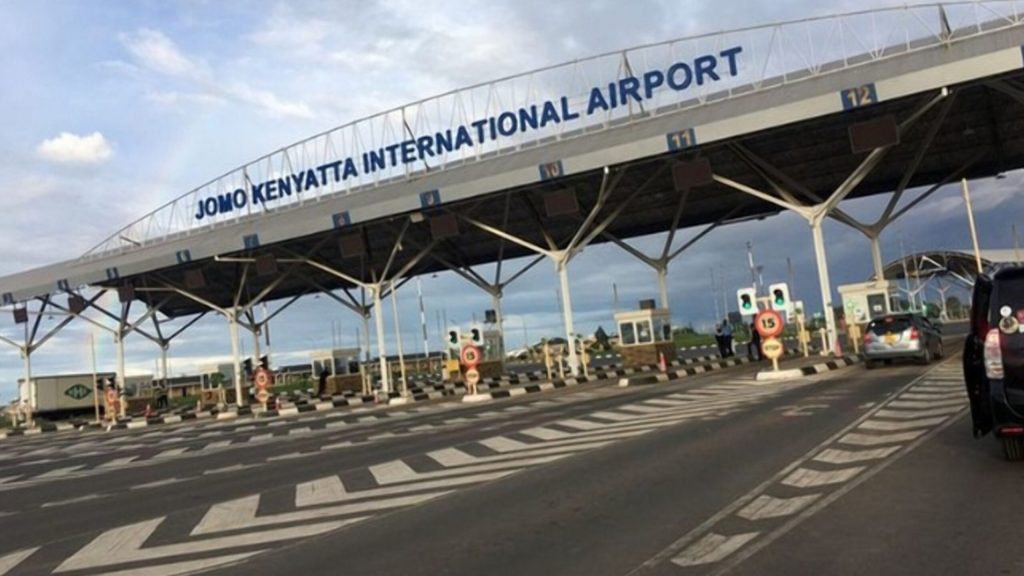
Concerns Mount Over JKIA Expansion Amid Financial and Strategic Risks
The plan to expand Jomo Kenyatta International Airport (JKIA) has hit a rough patch, as new documents reveal significant financial and strategic risks associated with the project. A cover letter and detailed feasibility report submitted to the Kenya Airports Authority (KAA) raise several red flags that could potentially jeopardize the success and long-term sustainability of the airport’s expansion.
Financial Risks and Heavy Costs
The proposed expansion, which includes building a second runway and new terminal facilities, is expected to cost over USD 1.6 billion (KES 232 billion). This hefty price tag is raising concerns about Kenya’s public finances, especially as the country grapples with increasing debt, rising costs of living, and demands for better government accountability. The financial burden is to be shared between the public sector and the Adani Group, an Indian conglomerate.
In light of these financial concerns, the Kenya Kwanza government has sent a team of 16 high-ranking officials to India to conduct a due diligence mission on the Adani Group, which is poised to manage the project under a Public-Private Partnership (PPP). The trip aims to assess the group’s financial and operational integrity before proceeding further.
Different PPP Models Raise Concerns
The feasibility report, conducted by Spanish consulting firm ALG, presents two possible approaches to the project. The first, an Airport PPP model, proposes a 30-year private concession to manage the entire airport, including the second runway. The second, a Terminals PPP model, limits private involvement to passenger terminals, leaving the runway development to the government.
However, the second option presents significant financial challenges. It requires the Kenyan government to invest an additional USD 505 million (KES 73 billion) for the runway, which would strain public resources and result in a negative return for private investors. Despite ALG’s recommendation for a competitive bidding process to maximize value, the government opted to proceed with a private proposal from Adani Airport Holdings Inc. in March.
Also read: Lufthansa Resumes Direct Flights Between Munich and Johannesburg After Nearly Two Decades
Strategic Risks and Operational Challenges
In addition to financial concerns, the report outlines several strategic risks that could hinder the project. Delays in securing necessary permits, potential design flaws, and unforeseen cost increases could push the project’s timeline beyond acceptable limits, affecting JKIA’s competitiveness in the region.
Managing such a large-scale infrastructure project within an operational airport also poses challenges. Construction could disrupt ongoing airport services, negatively impacting passengers. Additionally, KAA may need to strengthen its capacity to manage risk allocation, contracts, and potential disputes, ensuring that the private sector delivers on its promises.
Environmental and Social Impacts
The expansion also raises environmental and social concerns. The construction of a second runway and new terminal facilities is expected to increase noise pollution, disrupt local wildlife habitats, and potentially displace communities living near the airport. The report calls for rigorous environmental assessments and fair compensation for affected communities, but there is limited evidence of meaningful public consultation or involvement during the project’s planning stages.
Adani Group has pledged to adhere to national and international environmental standards, but the conglomerate’s track record has come under global scrutiny. Allegations of environmental degradation and financial misconduct have dogged the company, raising questions about its suitability for managing such a critical project in Kenya.
Public Skepticism Grows
The Kenyan public is growing increasingly skeptical about the JKIA expansion and the government’s decision to partner with Adani Group. On social media, Kenyans are voicing concerns about the lack of transparency and the potential misuse of public funds.
As the investigation into Adani’s capabilities continues, Kenyans will be watching closely to see whether the company can deliver on its promises. The outcome of this due diligence mission will be crucial in determining the future of the JKIA expansion and whether it can overcome the numerous challenges it faces.
Ensuring that the project balances financial viability, environmental protection, and public interest will be key to its success. Both the public and private sectors must work together to ensure that the benefits of the expansion do not come at an undue cost to the Kenyan people.